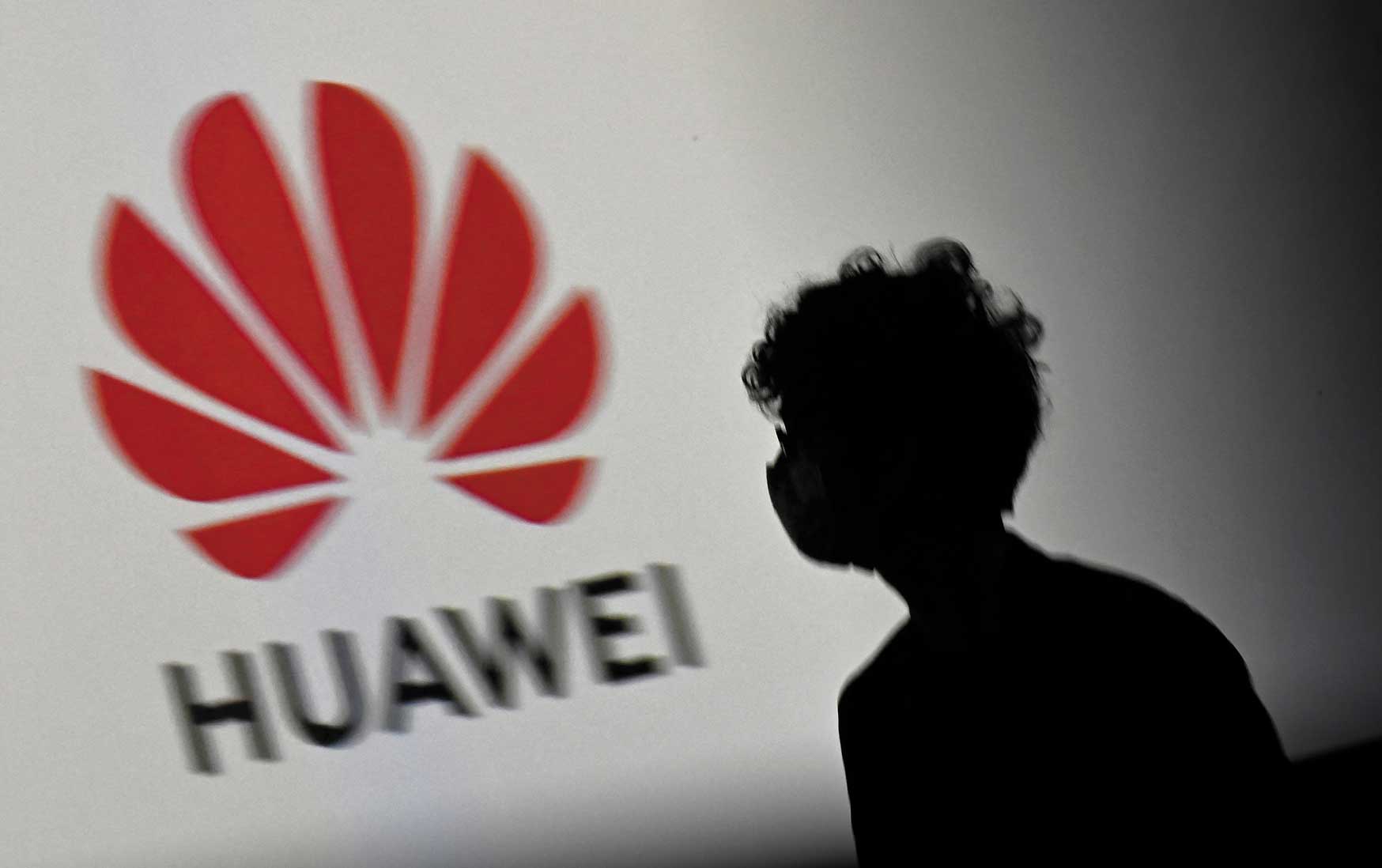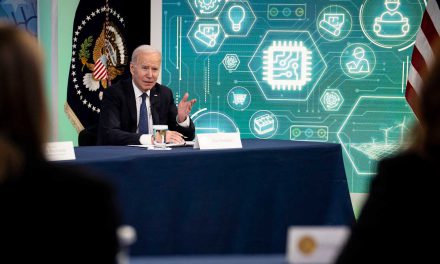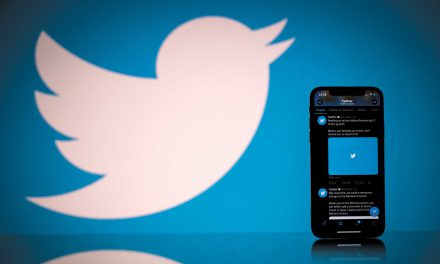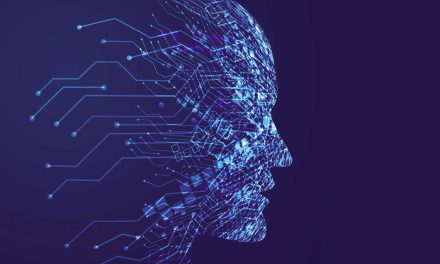Africa had only seven democracies in 1991. By 2012 the number had more than doubled to 16. According to the Economic Intelligence Unit’s Democracy Index, by 2019, there were 25 democracies in Africa, even though it classified them into categories – full, flawed, and hybrid. Despite these inroads, the challenges to democratisation in Africa are enormous, some of which have evolved with time.
In this century, perhaps the biggest challenge for African democracies is digital technology. Something which hitherto was thought of as a force for good now has the potential to undermine the foundation of democracy.
Eric Olander, the managing editor of the China-Global South Project, in an interview with Africa In Fact, argues that many African governments believe the open internet, supported by the US, is imbued with a potential threat to national security. This threat, he says, is the possibility of proliferation of hate speech and fake information, which in Myanmar, for instance, has caused the death of thousands of Rohingya muslims. This makes China’s idea of internet sovereignty seem a viable alternative.
However, for China – that has in four consecutive years been ranked by Freedom House as “the worst abuser of internet freedom” – to be actively engaged in building Africa’s critical soft and hard digital infrastructure, is understandably cause for alarm for democracy-building institutions.
According to researcher Cobus Van Staden, Chinese tech company Huawei has built about 70% of Africa’s 4G infrastructure.
Even after French newspaper Le Monde in January 2018 reported that China had bugged the African Union headquarters, which China built for free, the company is still assisting the AU to devise a digital transformation strategy for its Agenda 2063. In addition, Huawei and several other Chinese companies are involved in the construction of smart cities in several African countries such as Ghana, Nigeria, Kenya, Ethiopia, Zambia and Zimbabwe.

Huawei and several other Chinese companies are involved in building smart cities in several African countries such as Ghana, Nigeria, Kenya, Ethiopia, Zambia, and Zimbabwe. Photo: Tobias Schwarz/AFP
Many fear that as the Chinese-built internet spreads across Africa, authoritarian leaders may try to limit the webs’s power to propagate popular discontent by adopting a Chinese-style controlled web. Following the #EndSars protest in Nigeria in 2021, which started on Twitter, Nigeria’s government sought to use internet shutdowns to repress the movement, which called for the scrapping of the Nigerian police Special Anti-Robbery Squad for gross human rights abuse.
Nigeria’s Twitter ban, it would appear, was part of a larger plot by the government to control cyberspace. Local Nigerian newspaper Foundation for Investigative Journalism reported that officials from the Nigerian presidency met the Chinese Cyberspace Administration (CAC) to control cyberspace. This is an allegation that Nigerian Foreign Minister Geoffrey Onyeame has denied. Though it is risky to conclude, we also know that Lai Mohammed, Nigeria’s Information and Culture Minister, has attempted to get the House of Representatives to amend the Nigerian Broadcasting Commission Act to bring online digital platforms under the control of the government.
Sharing the same aspiration is Edwin Nyangoni, Tanzania’s Deputy Minister for Communication, who, speaking at an event co-sponsored by the CAC, extolled China’s internet firewall. He said: “Our Chinese friends have managed to block such media in their country and (have) replaced them with their homegrown sites that are safe, constructive and popular. We aren’t there yet, but while we are still using these platforms we should guard against their misuse.”
In Uganda, internet shutdowns and digital restrictions are fast becoming a routine part of the country’s electoral cycle. For opposition figures like Bobi Wine, social media is a potent tool for political mobilisation. The potential for regime change, however, has been hampered by the Yoweri Museveni-led government, which has used a mix of social media bans and internet shutdowns to control and/or determine the outcome of elections.
When, in 2019, Zimbabwean youths took to the street to protest against the rising cost of living, the government met them with brute force and imposed an internet shutdown to suppress the protest. In Ethiopia, internet shutdowns have become the weapon of choice for Prime Minister Abiy Ahmed against dissident regions.
Across Africa, the justification for internet shutdowns has always bordered on national security and sovereignty, and the Chinese seem to have provided the model and playbook that repressive African governments increasingly want to follow. The fact that Chinese technology makes up the bedrock of Africa’s digital infrastructure makes it easier. A 2019 Wall Street Journal investigation provided evidence for this. In the report, it emerged that Huawei technicians had used the company’s technology to help Ugandan and Zambian leaders intercept encrypted data and use cell data to track political opponents.
On the question of internet sovereignty, Joshua Meservey, a senior analyst with the Heritage Foundation, opined that “they (Chinese) frame it as a sovereignty issue, but what they are talking about is the ability of a state to control the free flow of information online”.
Francis Xavier Sosu, a lawyer and member of Ghana’s parliament, believes that when a government has the potential to dislodge a mass movement through the shutdown of the internet and social media spaces, then that government is in connivance with the developers (Chinese) of those digital infrastructures to undermine freedom of expression, popular views, and create censorship.
When asked about his thoughts on the adoption of the internet sovereignty propagated as a model for the developing world, Sosu opined that the model does not meet the general ideals of how society must work. He also said states that infringe internet sovereignty also infringe on fundamental rights to information.
Eric Olander agrees that African governments may exploit Chinese digital infrastructure to sabotage their democracies but, he adds, the problem is not unique to China’s digital technologies. He points out that Africa’s digital infrastructure mix includes those from the West, digital technologies that could just as well be misapplied by African governments to extract the same ends. To Olander, the use of digital infrastructure to undermine democratic values is more of an African governance problem than a problem of Chinese meddling.
Emeka Umejei (see his article also published in this issue), a journalism lecturer at the University of Ghana, seems to concur with Olander on the governance problem. In an interview with Foreign Policy, Umejei said: “African policymakers and politicians do not care. It is evident that several African leaders, as long as digital technologies could be used to prolong their stranglehold on power, don’t care what the consequences might be for democracy.”
The question now is, had the bulk of Africa’s digital infrastructure come from the West, would the situation have been any different? Under the current crop of African leaders, the answer would hardly be a “Yes”.

Celebrating the first anniversary of EndSars, a protest movement against police brutality in Nigeria, October 2021. Photo: Pius Ekpei/AFP
In a hypothetical situation, if western providers of digital technology insisted that African governments adhere to established internet protocols as a prerequisite for the development of digital infrastructures, the result would be lower levels of digital inclusion for Africans, compared to what pertains today. Some African leaders prioritise political power over everything.
Though there is some evidence that links Huawei to repression in Uganda and Zambia, Olander argues that Huawei is not a state-owned enterprise and does not take directives from the Chinese government, so attempting to blame China directly for cyber-repression in Africa is misplaced.
Aside from providing global ideological leadership for the model of internet sovereignty, there is insufficient evidence to officially link China to cyber-repression in Africa. However, this does not mask the existential problem of African governments using digital technologies for the wrong reasons.
For democracies in Africa to survive the spectre of digital technology misuse, for which China seems to be in the lead, there must be a global concerted effort aimed at mitigation. Most importantly, a global power like the US must step in to take a leadership role in this regard. Howard French of Columbia University’s Graduate School of Journalism, thinks the US should make a “compelling, values-based case for moving away from Huawei” by providing a viable alternative.
The US, however, should not approach this problem in the belligerent manner that has characterised its response to China. It might end up being counterproductive as it would drive African countries deeper into the web of Chinese influence. Andrew Davenport, the chief operating officer of RWR Advisory Group, a firm that tracks Chinese investments, put it succinctly when he said in an interview with Foreign Policy: “The US is going to have to be strategic about how they approach this challenge. You can’t just blunder in and say, ‘It’s us or them’. China does provide things that the continent needs.”
[activecampaign form=1]
Amodani Garibais a Ghanaian writer and a final-year undergraduate student at Koforidua Technical University in Ghana. He is the opinion-desk lead at the Accra-based'Africans on China’, a media-tech company that focuses on amplifying the voices of African youth in the Africa-China space. His works have also been published by Peking University Africa Think Tank and the China-Global South Project. His research interests include the political, economic, and social impacts of Chinese investment in Africa.












